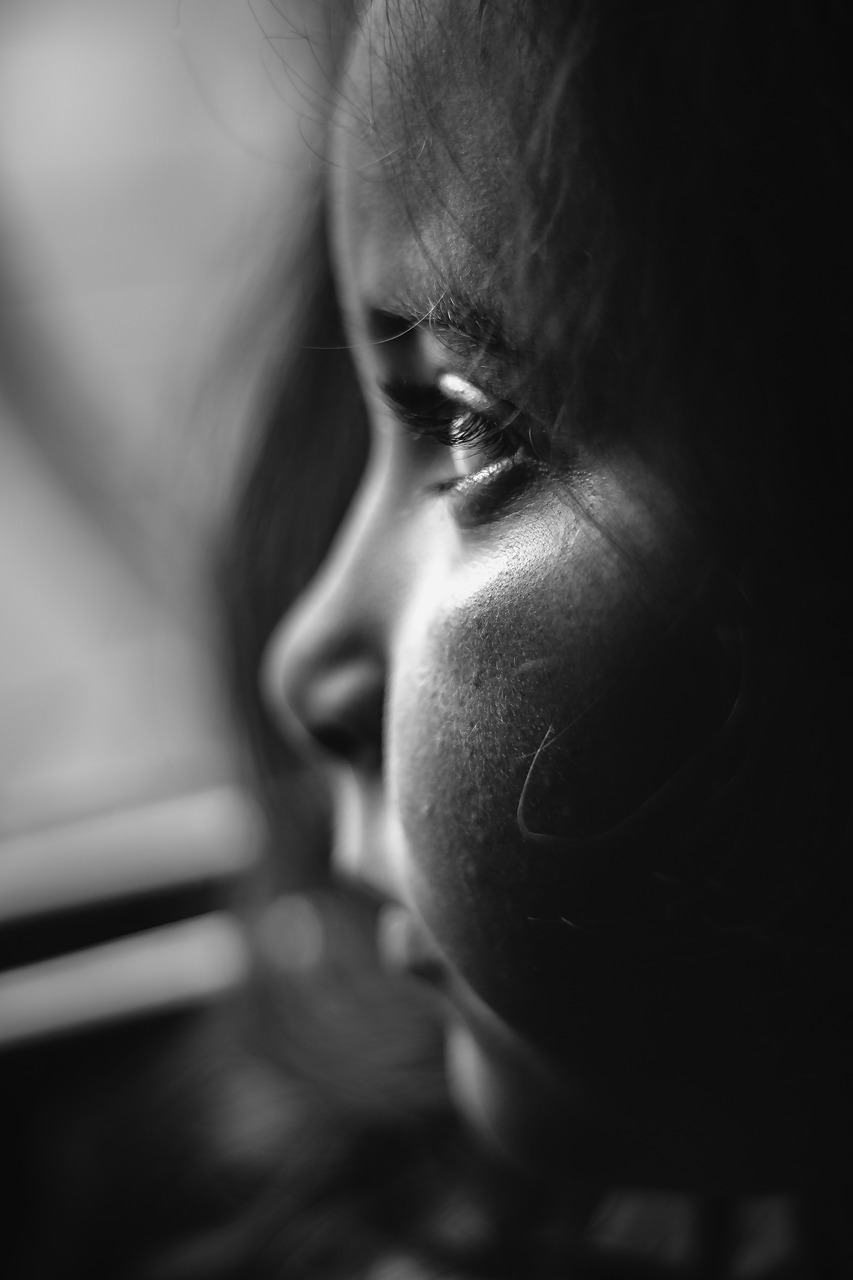Helping children with anxiety about world events
The SCARF curriculum works in a holistic way to give children the knowledge, skills, attitudes and values to help them develop coping strategies, including:
- Critical thinking - including evaluating fact versus opinion and spotting 'fake' news
- Resilience in the face of uncertainty or things over which they have little or no control
- Recognising the value of sharing their feelings with trusted adults
So your SCARF lessons will already be supporting children at this time of worry.
In addition to this, there are resources on our website designed to help children to manage anxiety, some of which are free for all schools, whether or not you have SCARF:
- Coping with anxiety and building resilience in our Additional Resources page. Search Anxiety and Resilience on this page – part of our Whole-school SCARF toolkit to support children's mental health and wellbeing.
- Our free Children’s Mental Health toolkit, published for Children’s Mental Health Week and still available. Here, you’ll find lots of resources relating to anxiety and stress.
Here are further resources that we've evaluated and think could be particularly helpful for teachers and parents/carers of primary-age children:
- How to talk to your children about conflict and war - 8 valuable tips to support and comfort children for teachers and also parents/carers, from UNICEF
- Talking to children about war and conflict from Beacon House
Here are some articles from the BBC offering practical advice for children who are upset by the news:
Resources to build resilience and foster empathy:
- Spring Kindness Calendar - relevant seasonal activities from British Red Cross
- Calm Zone - specific activities to help children calm and focus, from Childline
Interested in becoming a SCARF school?
Find out more about SCARF can help your school to provide comprehensive, high-quality and embedded PSHE (including statutory RSHE) education and sign up for our free six-week trial.


